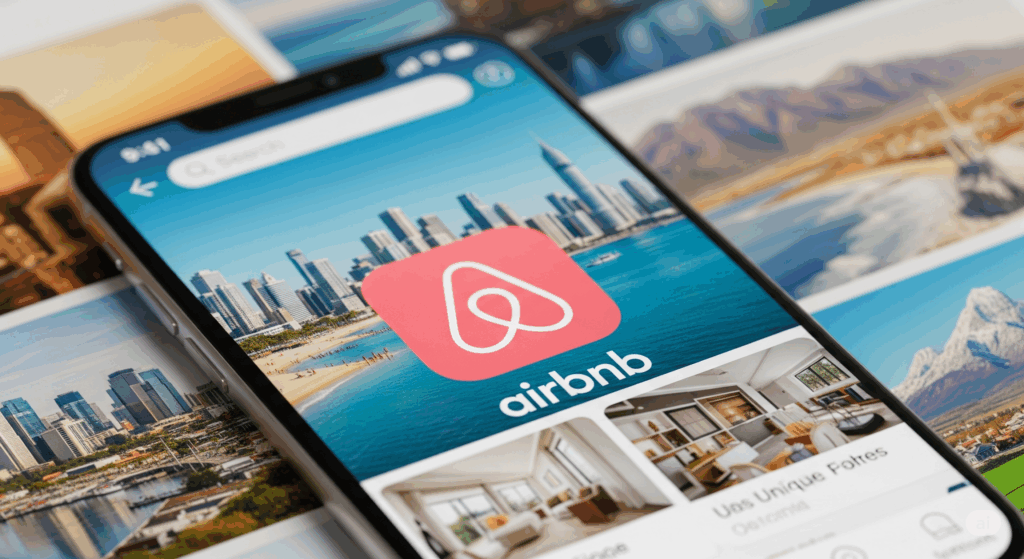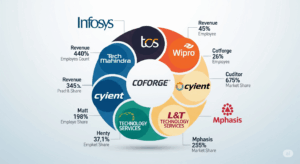Remember when Airbnb was just about renting out a spare room? Fast forward to today, and it’s a global travel powerhouse, fundamentally reshaping how we experience the world. But their journey, especially their marketing strategy post-pandemic, is a masterclass in adaptability, innovation, and understanding what travelers really want. It’s not just about a bed anymore; it’s about the entire experience.
The Big Shift: Why Experiences Took Center Stage
The pandemic hit the travel industry hard, and Airbnb was no exception. Traditional short-term rentals took a backseat as global travel ground to a halt. Instead of hitting pause, Airbnb strategically pivoted, recognizing a fundamental shift in consumer behavior. People weren’t just looking for a place to stay; they craved something more meaningful, more immersive, and often, closer to home. This is where experiential marketing became their guiding star.
Suddenly, Airbnb wasn’t just showing you a cozy apartment; they were inviting you to “live there,” to truly inhabit a destination. This meant a heavy emphasis on their Airbnb Experiences, showcasing everything from pasta-making classes with a local chef in Rome to guided hikes through hidden trails in the Rockies. It was a brilliant move, transforming a booking platform into a curator of unforgettable moments.
The Power of the People: User-Generated Content Reigns Supreme
One of Airbnb’s most potent weapons in its marketing arsenal is user-generated content (UGC). Think about it: every stunning photo shared by a guest, every glowing review, every TikTok showcasing a unique Airbnb stay – that’s authentic, unpaid advertising. Airbnb has mastered the art of encouraging and leveraging this content, turning its vast community of guests and hosts into its most effective marketing team.
They don’t just passively wait for it; they actively foster it. By featuring incredible guest photos on their social media channels, running contests, and simply providing aesthetically pleasing spaces that beg to be photographed, they’ve created a self-feeding loop of organic promotion. This focus on authentic storytelling from real people builds a level of trust and relatability that traditional advertising simply can’t replicate. When you see someone’s genuine excitement about an off-grid cabin or a city apartment with a view, it resonates far more than a glossy, staged ad.
Selling a Story, Not Just a Stay: Visual Storytelling & Design
Beyond UGC, Airbnb excels at its own visual storytelling. Their website and app are incredibly intuitive and visually driven, designed to inspire wanderlust. High-quality imagery, often showcasing the unique architectural details or stunning natural surroundings of a listing, takes center stage. But it’s not just about pretty pictures; it’s about weaving a narrative.
Each listing description isn’t just a list of amenities; it’s an invitation to imagine yourself there. They paint a picture of the local neighborhood, the sounds, the smells, and the potential adventures awaiting you. This meticulous attention to design and storytelling helps potential guests envision not just a place to sleep, but a whole experience. They understand that emotion drives decisions, and they tap into the desire for adventure, comfort, and a sense of belonging.
Building a Global Neighborhood: The Community Focus
At its heart, Airbnb has always been about community. This isn’t just a buzzword for them; it’s ingrained in their identity. Post-pandemic, this focus became even more crucial. They’ve invested in supporting their hosts, offering resources, and fostering connections. For guests, the idea of “belonging anywhere” is reinforced through local insights provided by hosts and the opportunity to interact with people who truly know the area.
This community aspect fuels everything from local “Experiences” to the feeling of authentic connection that sets Airbnb apart from traditional hotels. They’re selling the idea of temporary rootedness, of being a local for a few days, rather than just a tourist passing through. This community focus builds loyalty and encourages repeat bookings and positive word-of-mouth.
Agility is Key: Adapting to Travel Trends
What makes Airbnb’s marketing truly fascinating is its incredible adaptability to market changes. When remote work became the norm, they quickly launched campaigns highlighting longer stays and “workcation” opportunities. When domestic travel surged, their marketing focused on showcasing unique getaways within your own country. They consistently monitor travel trends and swiftly adjust their messaging to meet evolving consumer needs.
This means staying ahead of the curve, from promoting unique categories like “treehouses” or “barns” to recognizing the growing demand for sustainable travel options. Their ability to pivot and highlight new ways to travel, while staying true to their core offering of unique accommodations, is a testament to their insightful and data-driven approach.
The Road Ahead: Insights for All
Airbnb’s journey, especially its post-pandemic marketing evolution, offers invaluable key learnings for any business.
- Embrace User-Generated Content: Your customers are your best advocates. Find ways to empower and amplify their voices.
- Prioritize Experiential Marketing: In a world saturated with products, offer memorable experiences. People crave connection and novelty.
- Master Visual Storytelling: Don’t just show; tell a story. Use compelling visuals and evocative language to engage your audience.
- Cultivate Community: Build a loyal community around your brand. This fosters trust, encourages advocacy, and provides invaluable feedback.
- Stay Adaptable: The market is constantly changing. Be willing to pivot your strategies and messaging to meet new demands and trends.
Airbnb isn’t just a place to book a room; it’s a movement that has redefined travel. Their savvy marketing strategy, with its strong emphasis on user-generated content, experiential marketing, captivating visual storytelling, a deep community focus, and remarkable adaptability, has cemented their position as a true global phenomenon in the post-pandemic world. They’ve shown us that in a connected world, selling a dream can be more powerful than just selling a destination.







